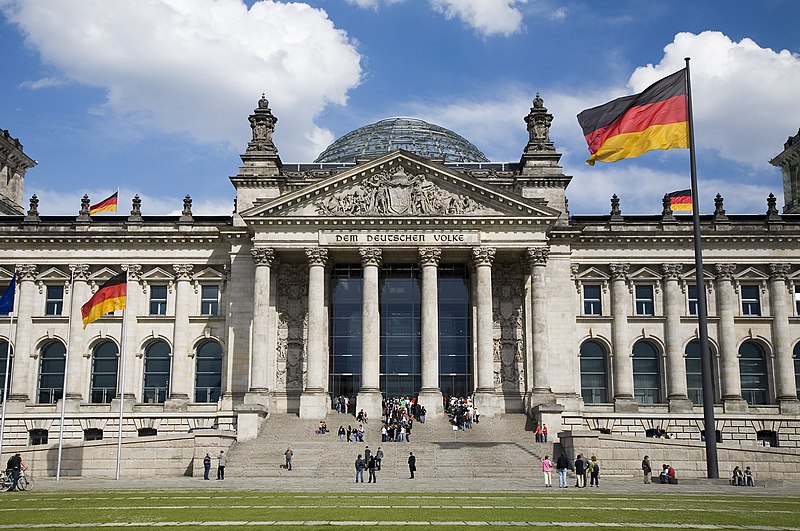
German President Frank-Walter Steinmeier has officially dissolved the Bundestag, paving the way for early general elections scheduled for February 23.
The decision comes after Chancellor Olaf Scholz lost a vote of confidence on December 16, signaling a significant shift in the nation’s political landscape. In announcing his decision, Steinmeier emphasized the importance of maintaining Germany's political stability, stating, “Political stability is a precious asset, especially in times like these.”
A countdown to February elections
The dissolution of the Bundestag marks the start of Germany’s election season, as political parties prepare for a high-stakes contest. Parliamentary leaders from both Scholz’s Social Democratic Party (SPD) and the opposition Christian Democratic Union (CDU) have already agreed on the February election date.
Recent opinion polls indicate that the CDU, led by Friedrich Merz, holds a significant 10-point lead over the SPD. This presents a challenging path for Scholz as he seeks reelection.
Rising stakes and potential candidates
The far-right Alternative for Germany (AfD) party has also gained momentum in recent polls. The AfD has put forward Alice Weidel as its candidate for chancellor. However, the party’s polarizing stance and lack of support from other political groups make it unlikely for Weidel to secure the position.
Key campaign issues are expected to include immigration policy, economic recovery, and Germany’s role in supporting Ukraine amid the ongoing conflict with Russia.
A call for civility and unity
President Steinmeier urged political parties and citizens to conduct the election campaign with respect and civility. “Hatred, violence, and intimidation have no place in our democracy. Such behavior is toxic to our democratic values,” he said.
He also highlighted the significant challenges awaiting Germany’s next government, including economic instability, the wars in Ukraine and the Middle East, and critical debates around immigration and climate change.
As Germany braces for these pivotal elections, the outcome will undoubtedly shape the country’s political and economic future in the years to come. Photo by Jorge Royan, Wikimedia commons.



































